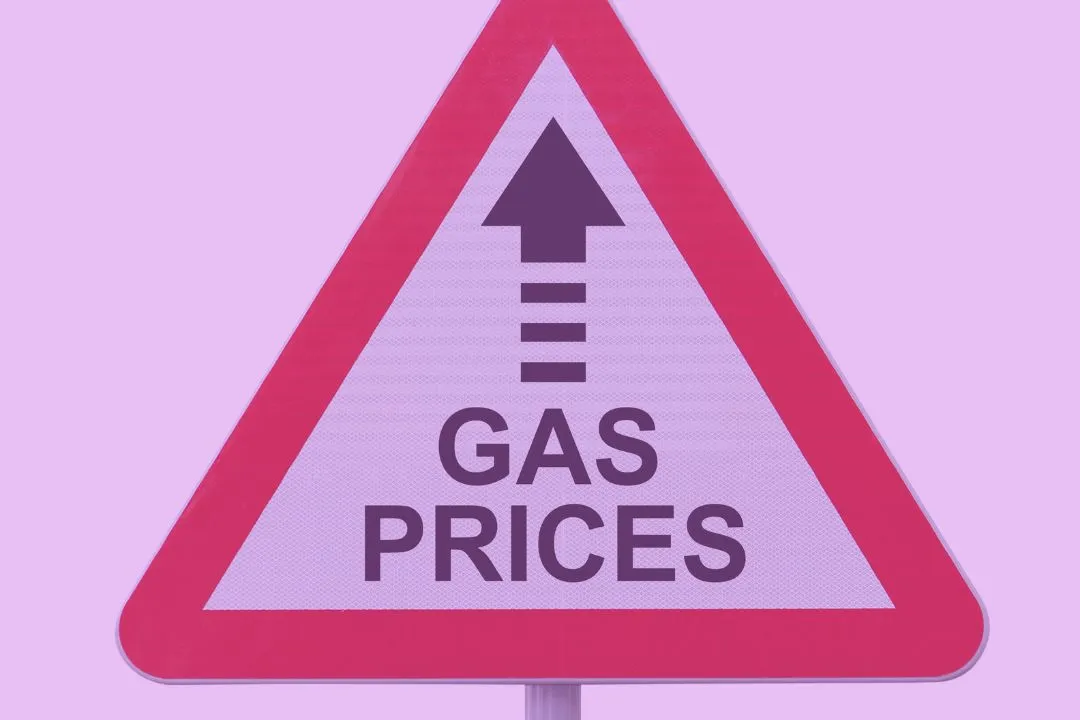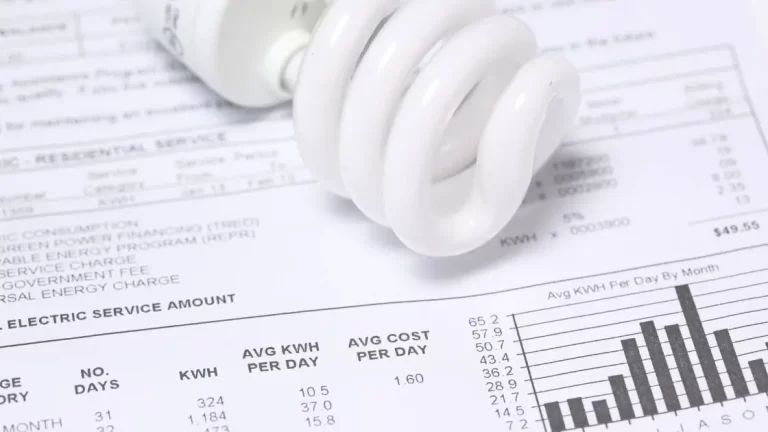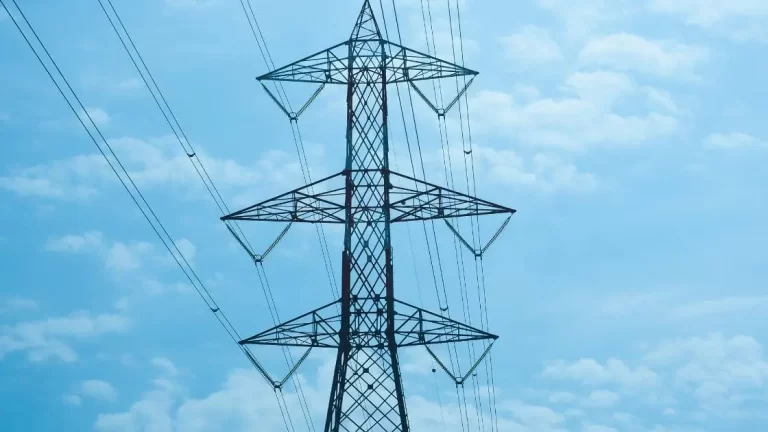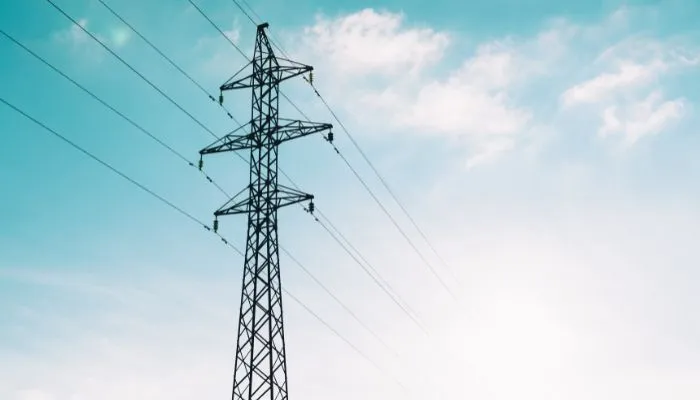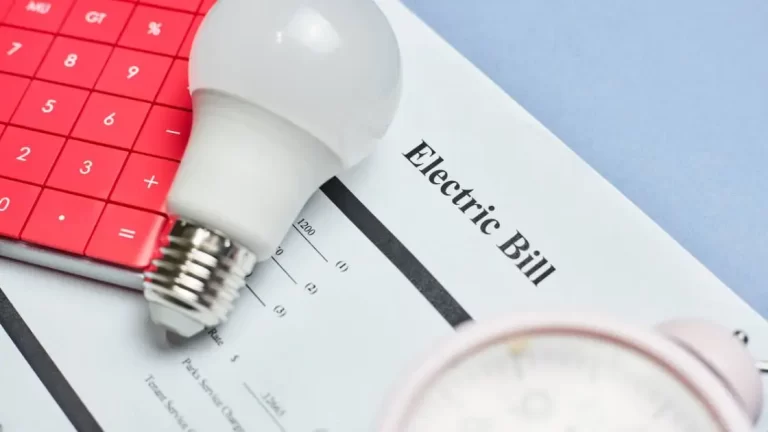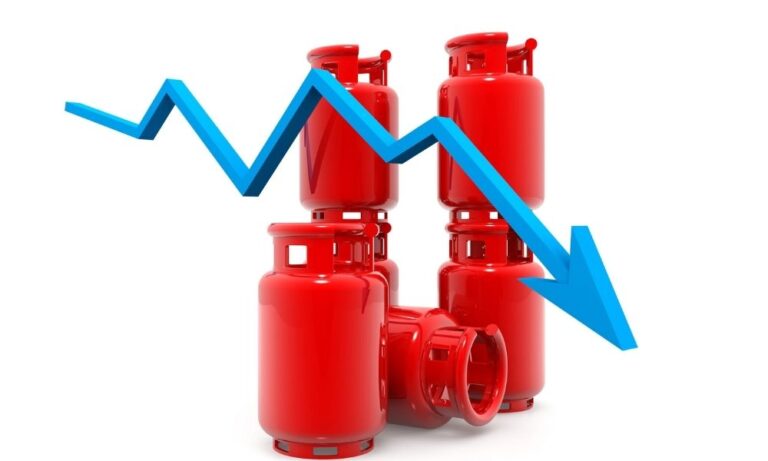Ogra Increases Gas Prices by up to 35%
Staff Report
Oil and Gas Regularly Authority (OGRA) allowed a rise in the gas tariff of Sui Northern Gas Pipelines Limited (SNGPL) by 35.13 percent and Sui Southern Gas Company Limited (SSGCL) by 8.57 percent for current fiscal year 2023-24.
The revised gas tariff will be effective retrospectively from January 1- June 30. This is the second gas price hike in the current financial year. The first up to 193 percent raise in gas sale price was notified with effect from November 1, 2023.
The proposed gas tariff will cover the Rs 98 billion shortfall of both gas companies. The interim government had projected to collect Rs 980 billion against estimated revenue requirements of Rs 700 billion for both gas companies.
The oil and gas regulator recommended the average increase of the prescribed gas price by 23 percent to Rs1,590 per MMBTU from the average price of Rs1,291 per MMBTU earlier determined on June 2, 2023.
OGRA announced a 50 percent increase (Rs415.11 per MMBtu) for SNGPL, taking the gas price up to Rs1,238.68 per MMBtu, effective from July 1, 2023. It also increased the gas price by 45 percent (417.23 per mmbtu) to Rs1,350.68 per mmbtu for SSGCL.
The interim government had a committee with the International Monetary Fund (IMF) to announce the rise in gas sale prices till February 18, 2024, with effect from January 1, 2024.
Under the Ogra ordinance, if the government does not respond to the determination of gas within 40 days, the tariff determined by the regulator will automatically be enforced.
The prescribed price of SNGPL has been increased to Rs1,673.82 per mmbtu as compared with the price of Rs1,238.68 determined on June 2, 2023. Whereas, the gas tariff of SSGC has been increased to Rs1,466.40 per mmbtu from Rs1,350.68 per mmbtu.
The regulator also decides to allow SNGPL a 50 percent CPI adjustment for the said year, in addition to the already placed human resource (HR) benchmark to meet genuine and rational HR costs.
The authority directed that the additional funds of Rs 2,832 million on account of HR benchmark over DERR be utilized to meet the demand of CBA as well as low salary earning executive staff on priority. HR cost is provisionally determined at Rs 23,100 million including IAS cost as against Rs 20,268 million allowed per DERR for the said year.
For SSGC, the regulator also allowed 50 percent CPI for the said year in the existing HR benchmark formula. HR cost is provisionally allowed at Rs 21,633 million including IAS-19 and Rs 3880 million on account of RLNG for the said year.
The authority decided to maintain its decision and fixed legal and professional charges at Rs 210 million for the said year despite SNGPL’s projection that litigation against the company would rise by 22 percent. The legal cases have were filed from July 22 to June 23 were 27081.Pakistan Unveils New Tight Gas Policy to Boost Production
For SSGC, the authority allowed Rs 194 million for legal and professional charges for the said year against the SSGC petition that Rs 376 million has been claimed due to a 100 percent increase in counsel fee owing to hyperinflation coupled with extensive litigation in Balochistan and anticipated legal challenges relating to land acquisition.
The authority observes that the issue of liquidity crunch in the LNG/RLNG supply chain is duly acknowledged by the Petroleum Division however, the upfront amount of Rs 27,500 million is not justified and has allowed a 50 percent claim of Rs 13750 million subject to the actualization at year-end.
For SSGC, the authority determined RLNG’s cost of service at Rs 14,680 million (Rs 33.52 mmcfd or Rs 31.77 per mmbtu).
This recommendation comes in response to the International Monetary Fund (IMF), which has demanded semi-annual revisions to gas prices as to control rising gas circular debt.
As per the latest IMF country report, IMF has added two New Structural Benchmarks including a semi-annual gas tariff adjustment notification by Feb 15, 2024.
We also believe this is necessary to increase prices as gas circular debt has now reached Rs3trn and was increasing at the rate of Rs350-400bn per year as per the energy minister,” Topline Research said in a report.
OGRA’s decision is likely to be approved by ECC followed by Federal Cabinet which will later be notified by OGRA.
As per CPI calculation methodology, PBS uses the weighted average gas prices for consumers to calculate the impact on CPI. Hence, with a 1% weight in the CPI basket, CPI inflation could be impacted in the range of 20bps, we believe.
The hike in gas prices is expected to be cash-positive for SUI (SNGP & SSGC) and OMCs, while it will hurt textiles, chemicals, cement, and neutral for fertilizers, steel, and IPPs.


